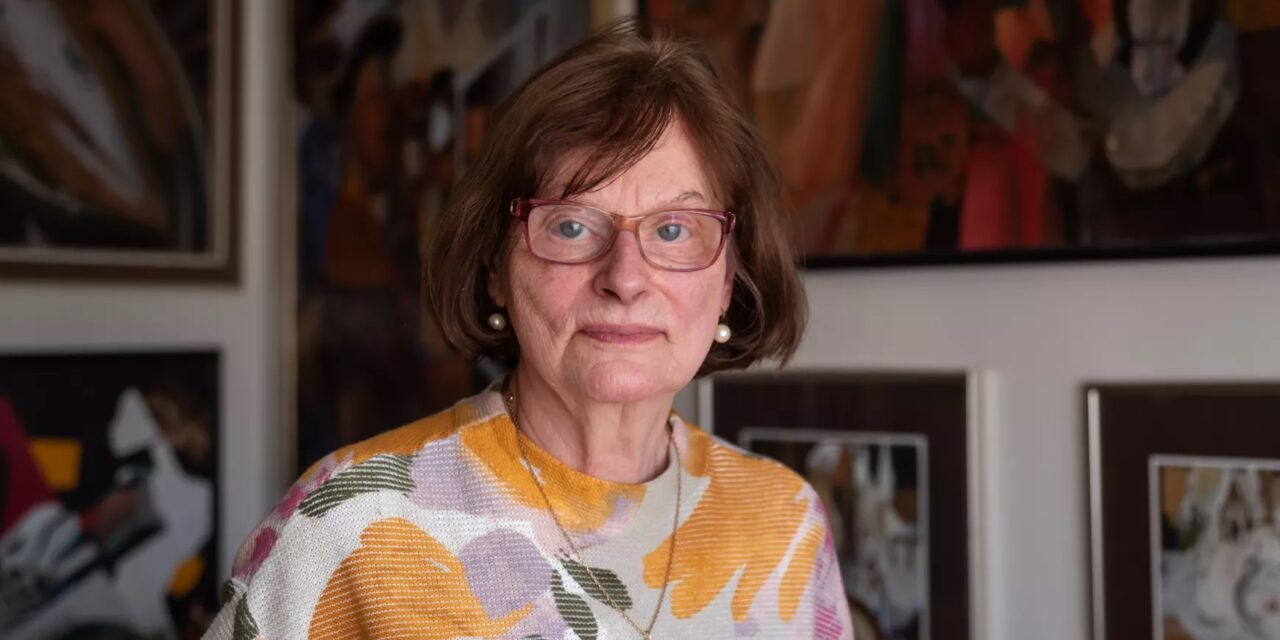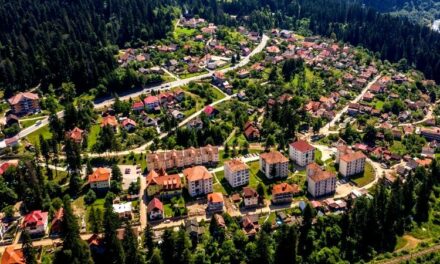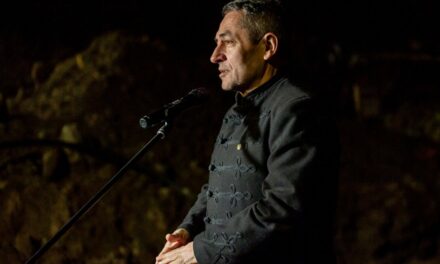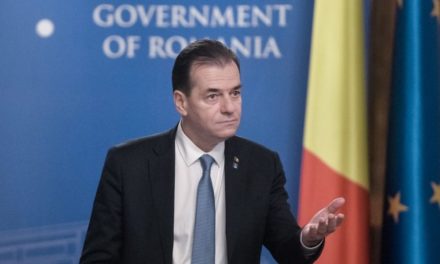The Kazinczy Days in Kassa recently received a Hungarian Heritage Award. On the occasion of this, the professional organizer of the event, which looks back on more than half a century, Mária Duncsák, vice-president of the Csemadok Kassai Municipal Election, gave an interview.
How did it feel to receive the Hungarian Heritage Award? What does this recognition mean for you and for the Csemads of Kassa?
We consider it a great honor that the Kazinczy Days can be part of the Hungarian cultural heritage. When I learned that we would receive the award, the youth program of the 55th Kazinczy Days was taking place, and the news came so unexpectedly that I could hardly continue the program. We were all very happy.
The award ceremony in Budapest in December was also a heart-warming experience, where many cashiers accompanied us. We, the current organizers, are the lucky ones who received the award, but the recognition involves the work of many people.
Looking back from the perspective of fifty-five years, it is perhaps not an exaggeration to say that during this time thousands of people participated in the event as organizers, speakers or members of our loyal audience. We all owe them a debt of gratitude, because without them there would be no Kazinczy Days today.
The Kazinczy Days were created with the idea that in terms of the survival and future of Hungarians in (Czecho)Slovakia, one of the most important things, if not the most, is to preserve the mother tongue. How true is this today? Has anything changed since then?
Since October 1967, enormous changes have taken place, the world around us has changed. Digital technology is also developing rapidly, which has an adverse effect on national languages. We live in a digital world, especially young people, nowadays direct speech or conversation as a cohesive force of the community has been pushed into the background a bit.
That is why it is extremely important for us to think about how to preserve our mother tongue, since we have been living in a minority for a hundred years - which has also brought a lot of changes - and there are fewer and fewer of us.
Therefore, during the Kazinczy Days, in addition to language cultivation, the preservation and transmission of the mother tongue to the next generation is increasingly emphasized, because this is the only way we can preserve our identity. This is how we remain Hungarians. As Sándor Kányádi said, we are Hungarian as long as we speak Hungarian, think Hungarian, and study Hungarian. The purpose of the Kazinczy Days is the same today as it has always been: to nurture, protect, and polish our language, but at the same time, the task of preserving the mother tongue and thus our identity has become more prominent.
How can this be accomplished?
It is an important question that was addressed by several of our speakers. Linguist Dr. Péter Pomozi puts it this way in the Hungarian language home: "The key to the future of our language is simple: we must speak and use it as often as possible. Always and everywhere where there are people who understand Hungarian, but above all with our children." We must take good care of what we received from our ancestors, the greatest value of our national culture, the mother tongue. The deterioration of language also affects culture, and vice versa. So we also protect our thousand-year-old culture with our mother tongue. At the same time, together with Lajos Lőrincze, we believe that human-centered language cultivation is needed today.
The full interview can be read HERE!
Featured image: Gergely Fábián/Ma7.sk












